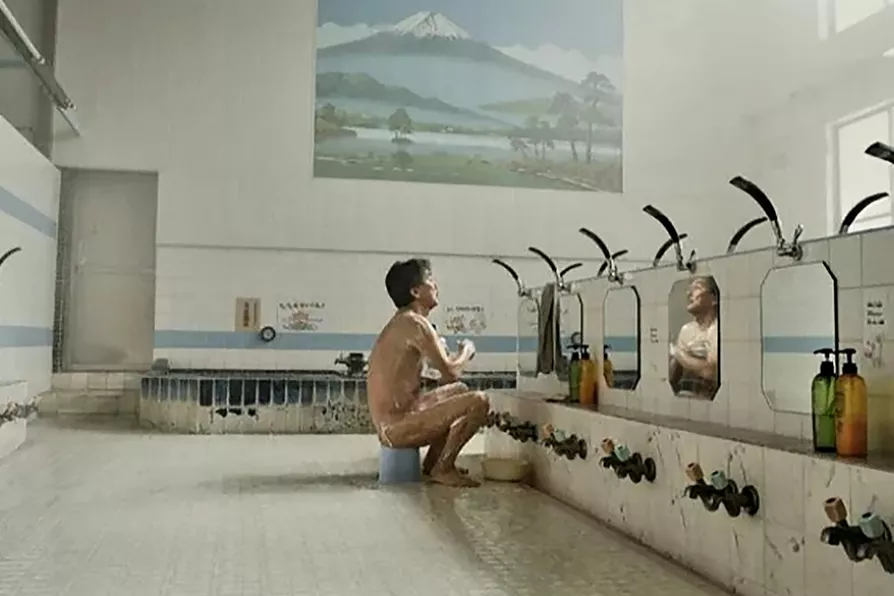
 perfect days
perfect days
HOW many toilets has the German film director Wim Wenders cleaned in his life? The question hums around the edges of the arthouse stalwart’s new film, Perfect Days, in UK cinemas this week.
Set in Tokyo, the film follows the daily routines of an ageing toilet cleaner, Hirayama, as he traverses Tokyo’s famed hi-tech toilets, adorned with twee blue overalls and an array of beloved toilet cleaning gadgets. To another director, this premise might have offered scope for a film about the working conditions experienced by some of the most marginalised workers in our modern urban megacities. Not to Wenders.
Conversely, in Perfect Days, Wenders imagines his protagonist as delighted to be cleaning toilets. Hirayama is played as some kind of modern-day Sisyphus, beating back against the absurdity of cleaning human muck day in, day out with a gentle, accepting smile and a watchful eye for the beauty in the everyday. Later scenes reveal Hirayama’s well-off sister, and hint at a background somewhere in the Tokyo bourgeoisie; Hirayama, it appears, is cleaning toilets by choice. Because he loves to do so, apparently.

















